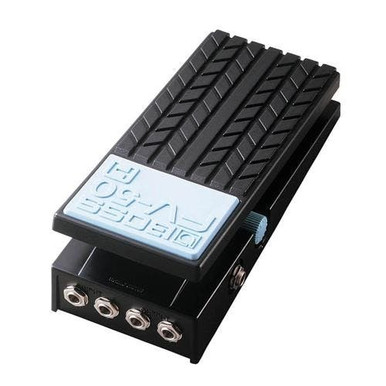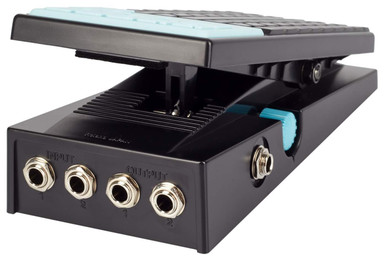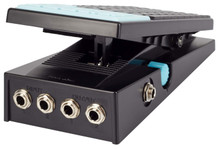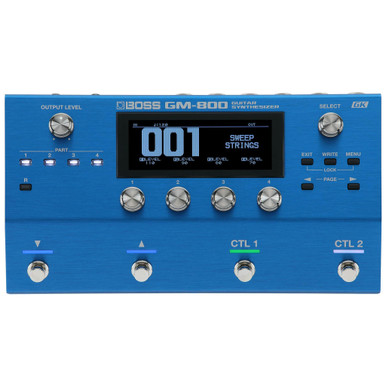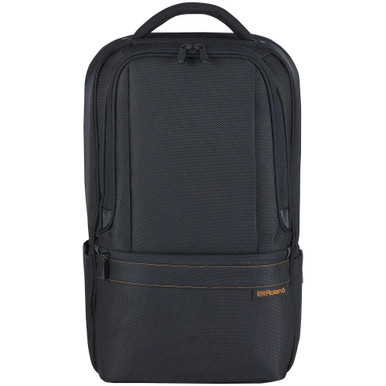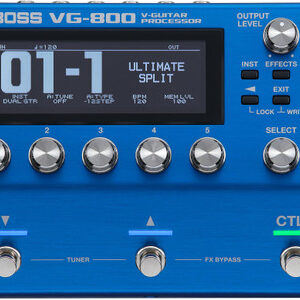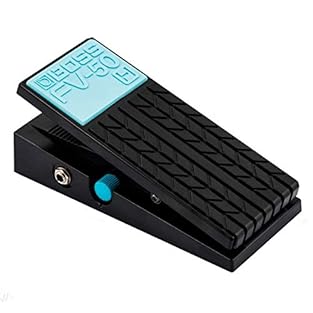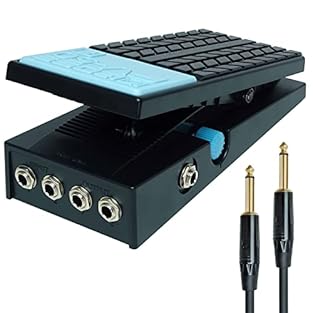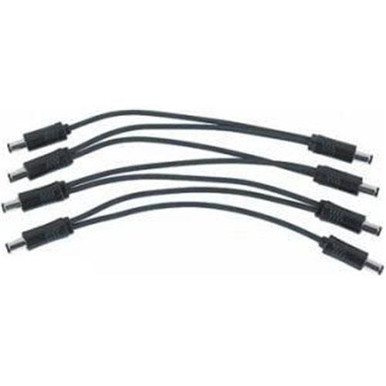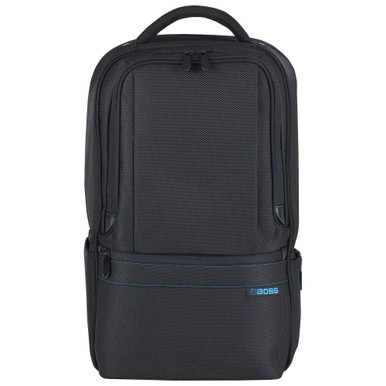Description
On the menu for January 2026 are the Roland Guitar Pedals, freshly added and carefully selected. These New units are available to order online with fast, secure delivery from trusted UK retailers. Read on for full details, specifications, demos, videos, reviews, and the best places to buy the Roland Guitar Pedals today.
Roland FV50H Guitar & Bass Volume Pedal
The FV-50H is a stereo volume pedal that can be used for electric guitar or bass. The high impedance FV-50H is designed to be connected before guitar effect units in the signal chain.
Stereo Volume Pedal Features
- High-impedance FV-50H designed for connection before guitar effects units
- Minimum Volume knob lets users set minimum volume as desired
- Convenient Tuner Out jack enables speedy tuning on stage
Specifications
- Connectors: Input x 2, Output x 2, Tuner Out
- Width: 86 mm, 3-7/16 inches
- Depth: 200 mm, 7-7/8 inches
- Height: 54 mm, 2-1/8 inches
- Weight: 0.4 kg, 0 lbs. 15 oz
